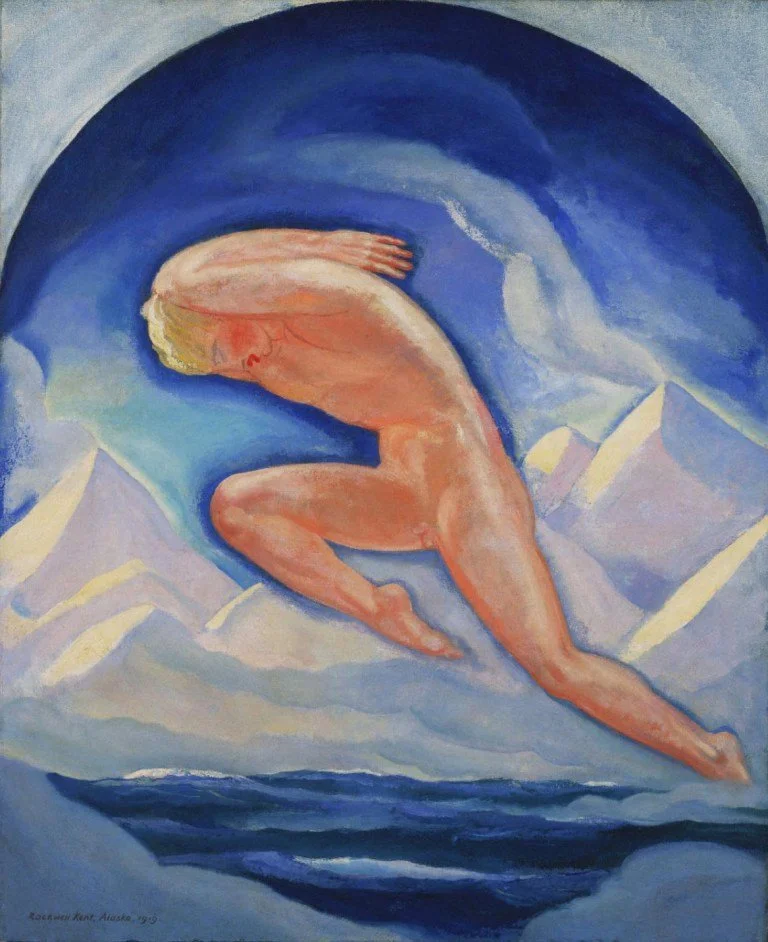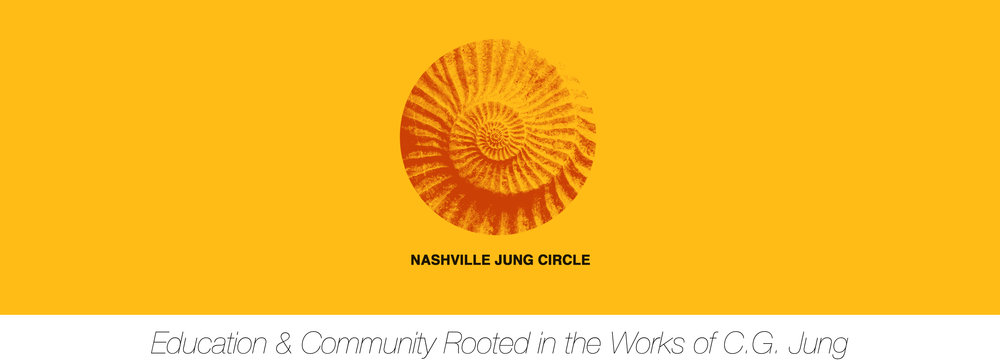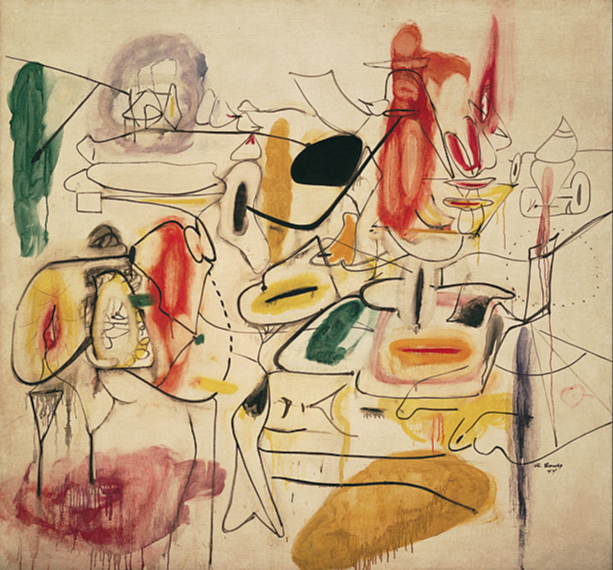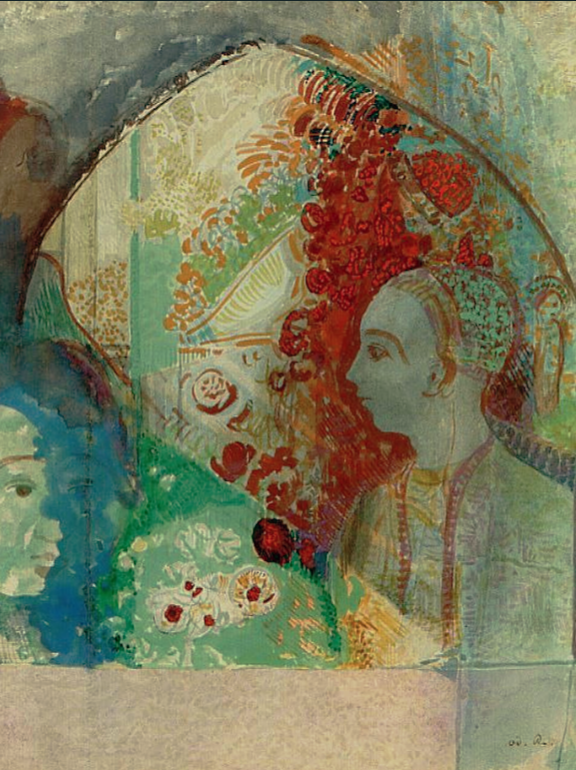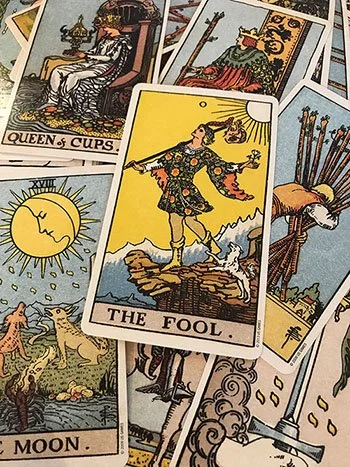The Earth Has a Soul: C.G. Jung on Nature, Technology, and Modern Life Two-part Book Discussion
led by Karen Harper, Ph.D. and Adele Tyler, M.S.S.
On February 20th and March 20th, 2022, the Nashville Jung Circle will host a two-part book discussion of The Earth has a Soul: C. G. Jung on Nature, Technology, and Modern Life, a compilation of Jung’s writings on Nature, selected and edited by Meredith Sabini from Jung’s published works, speeches, seminars, interviews, and letters. The book shows a more intimate, poetic side of Jung than his academic writings reveal and is a personal testament to his living out his theories through an embrace of the natural world.
This compilation is divided into chapters based on subject matter, with a brief introduction by the editor in each section to provide context. The book opens with excerpts from Memories, Dreams, Reflections and personal letters, where Jung tells of formative childhood experiences in nature, experiences with indigenous peoples in Africa and the American southwest, and stories of building and utilizing his Bollingen tower retreat. The overall theme is Jung’s concern for modern man’s loss of connection to Nature. Stating that civilization took a “wrong turn” as it evolved from a religious to a scientific viewpoint, Jung argues that advancements in technology have left humans with an estrangement from the natural world, which he equates to losing a part of one’s soul.
In the Preface, Sabini explains that she organized Jung’s extensive writings on this subject by imagining posing a series of questions to Jung: “How did our loss of connection with Nature come about? Was it ever any different? What are the consequences of this loss? Have we really “conquered Nature? How might this rupture be healed?” (Preface, xi).
A review of the book by Richard Reese relates Jung’s thoughts on the evolution of consciousness. Beneath the newly rational mind of modern man, the mind of the “archaic man” still exists, buried in the unconscious :
“Our conscious mind was new, infantile, incomplete, unstable, and easily injured. Jung saw it as a tiny boat floating in a vast ocean of unconscious knowledge. Like a fish out of water, we were separated from our ancient oceanic home, an unpleasant traumatic shock. In the good old days, we lived in an enchanted world where everything was sacred. But science and technology have dragged us away into a miserable manmade world where nothing is holy, and everyone is restless, anxious, and neurotic.”
Jung had a distinct mistrust of modernity. Much of what he says seems prophetic, more true some sixty years after his death than when he was expressing these views: “we have plunged down a cataract of progress which sweeps us on into the future with even wilder violence the farther it takes us from our roots.” Writing in 1961, the year of his death, Jung said: “Civilization is a most expensive process and its acquisitions have been paid for by enormous losses, the extent of which we have largely forgotten or have never appreciated.” Close to his death he had visions of catastrophes occurring in fifty years.
As remedies to this modern dilemma, Jung suggests that we turn inward, exploring our unconscious through dreams and reflection, and turn outward to spend time in nature and live in communion with the natural world. Jung himself did the latter through building his primitive retreat on Lake Zurich at Bollingen, a stone tower with no running water or electricity, both of which he thought would alienate the souls of his ancestors that he sought communion with. There he spent extended time alone, cooking on a wood stove, drawing water from a well, and raising food in his garden.
But Jung did not believe a return to primitive living was the solution, saying “the wheel of time cannot be turned back.” In excerpts in the final chapter, he suggests that our task as moderns is to retain the level of consciousness we have acquired while enriching it with experiences of the primordial world, with the goal of a balanced relationship between the conscious and the unconscious minds. The book ends with a quote about the need for cooperation between mankind and the natural world, rather than domination from either side – the union of opposites, which Jung wrote about extensively: “Nature must not win the game, but she cannot lose.”
Note: the book is available through Amazon at https://amzn.to/3E92Z0a
and also may be ordered through Parnassus Books: https://bit.ly/3q3bk0m
